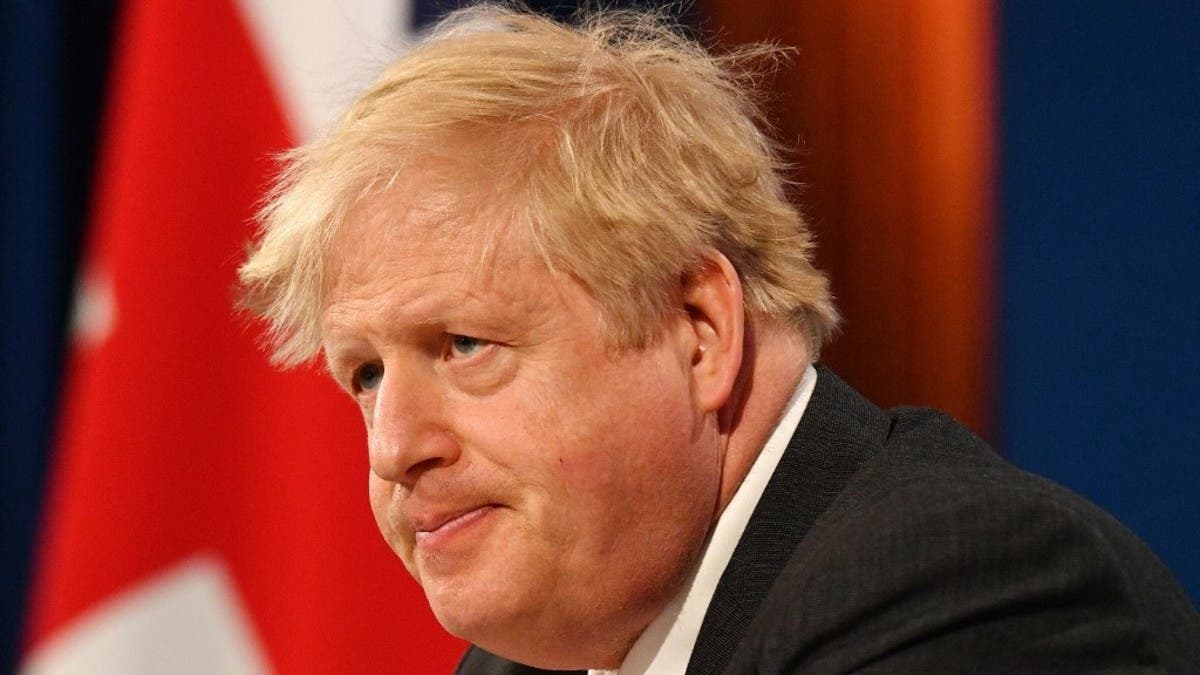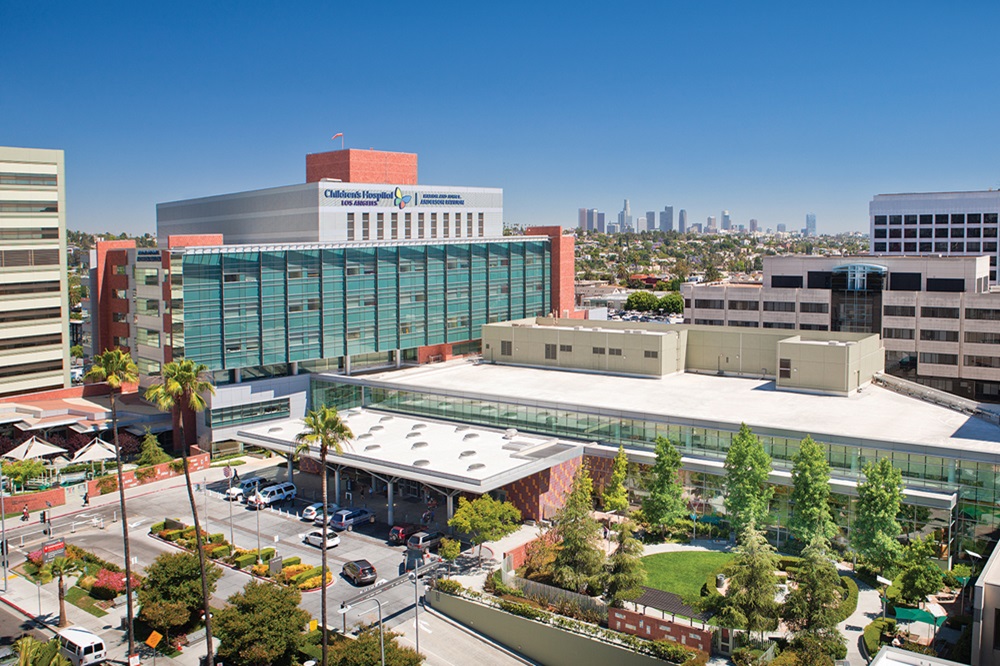Social gatherings held by Prime Minister Boris Johnson and his staff while Britain was in lockdown represent a “serious failure” to observe the standards expected of government, an investigation found Monday.
Senior civil servant Sue Gray concluded that “failures of leadership and judgment” allowed events to occur that "should not have been allowed to take place."
“Against the backdrop of the pandemic, when the government was asking citizens to accept far-reaching restrictions on their lives, some of the behavior surrounding these gatherings is difficult to justify,” Gray said.
Gray's glimpse inside a 10 Downing St. marked by excessive alcohol consumption and staff afraid to speak out about workplace problems are a blow to Johnson — who has previously said the rules were followed at all times — and come despite the fact that Gray's conclusions relate to just four of the 16 events she investigated.
For more coronavirus news, visit our dedicated page.
Her findings on 12 other events in 2020 and 2021 have been withheld at the request of the police, who have launched a criminal investigation into the most serious alleged breaches of coronavirus rules. The cuts have led opponents to accuse Johnson of a whitewash.
Johnson was due to make a statement on the findings in the House of Commons later Monday.
Among the events under investigation by police are a June 2020 birthday party for Johnson in Downing Street and two gatherings held on the eve of Prince Philip's funeral in April 2021.
Allegations that the prime minister and his staff flouted restrictions imposed on the country to curb the spread of the coronavirus have caused public anger, led some Conservative lawmakers to call for Johnson’s resignation and triggered intense infighting inside the governing party.
Johnson has denied personal wrongdoing and said he has “absolutely no intention” of resigning.
But Johnson’s grip on power has been weakened by allegations that he and his staff flouted restrictions they imposed on the country in 2020 and 2021 to curb the spread of the coronavirus with “bring your own booze” office parties, birthday celebrations and “wine time Fridays.”
“The hardship under which citizens across the country worked, lived and sadly even died while observing the government’s regulations and guidance rigorously are known only too well," Gray wrote.
“At times it seems there was too little thought given to what was happening across the country in considering the appropriateness of some of these gatherings."
Opposition Labour Party lawmaker David Lammy tweeted: “During this crisis, our country needed a leader more than at any time since the Second World War. We didn’t get one. This report shows what we have known all along: The Prime Minister is a coward, a rule-breaker and needs to step down.”
Publication of Gray's report was delayed when the Metropolitan Police force launched its own investigation last week into the most serious alleged breaches of coronavirus rules.
The force said it had asked for Gray’s report to make only “minimal reference” to the events being investigated by detectives “to avoid any prejudice to our investigation.”
Johnson’s opponents accused the government of trying to water down a report that could trigger an attempt to oust the prime minister by his own party. Some Conservative lawmakers said they would push for a no-confidence vote if Gray found Johnson was at serious fault.
Gray did not criticize the prime minister directly, but said “there is significant learning to be drawn from these events which must be addressed immediately across government.”
The circumscribed and partial report may give Johnson at least a temporary reprieve from calls for his ouster.
“It’s a mess,” said Will Walden, a former Johnson aide. “It’s probably bad for democracy, but inadvertently good for the PM.”
It's unclear whether Gray's full findings will be published once the police investigation is finished. Johnson’s spokesman, Max Blain, said the prime minister’s office would discuss with police and Gray’s team “what is suitable” to publish.
Johnson could be interviewed by detectives as part of their probe and may face a fine if he is found to have breached the law.
Johnson, meanwhile, was trying to change the subject from his personal woes, marking the second anniversary of Brexit on Monday by touting economic opportunities outside the European Union.
The U.K. officially left the now 27-nation bloc on Jan. 31, 2020, though it remained part of the EU’s economic structures for another 11 months.
Since then, the upheaval of the coronavirus pandemic has obscured the economic ructions caused by the end of frictionless trade with Britain’s biggest economic partner. Britain’s economy is growing after entering recession amid pandemic lockdowns, but trade with the EU has fallen since Brexit introduced customs checks and other hurdles.
Johnson vowed Monday to unlock the potential of Brexit, unveiling a “Brexit Freedoms” Bill that the government says will slash red tape for British businesses by amending laws that were carried over from the U.K.’s years as an EU member.
Opponents say the bill will just make it easier for the government to change laws without Parliament’s approval.
The government is also promising this week to give long-awaited details of plans to “level up” the country by expanding economic opportunity to neglected regions.
And Johnson plans a diplomatic push to try to ease tensions between Russia and Ukraine. His office says the prime minister will speak to Russian President Vladimir Putin by phone later Monday and visit Ukraine on Tuesday as part of efforts to deter Russia from invading its neighbor.
For the latest headlines, follow our Google News channel online or via the app.
Read more:
UK police to investigate alleged lockdown breaches at PM’s residence
Boris Johnson gets ‘partygate’ report but questions linger


 World3 years ago
World3 years ago
 World3 years ago
World3 years ago
 Business1 year ago
Business1 year ago
 Entertainment8 years ago
Entertainment8 years ago
 World8 years ago
World8 years ago
 Entertainment8 years ago
Entertainment8 years ago





